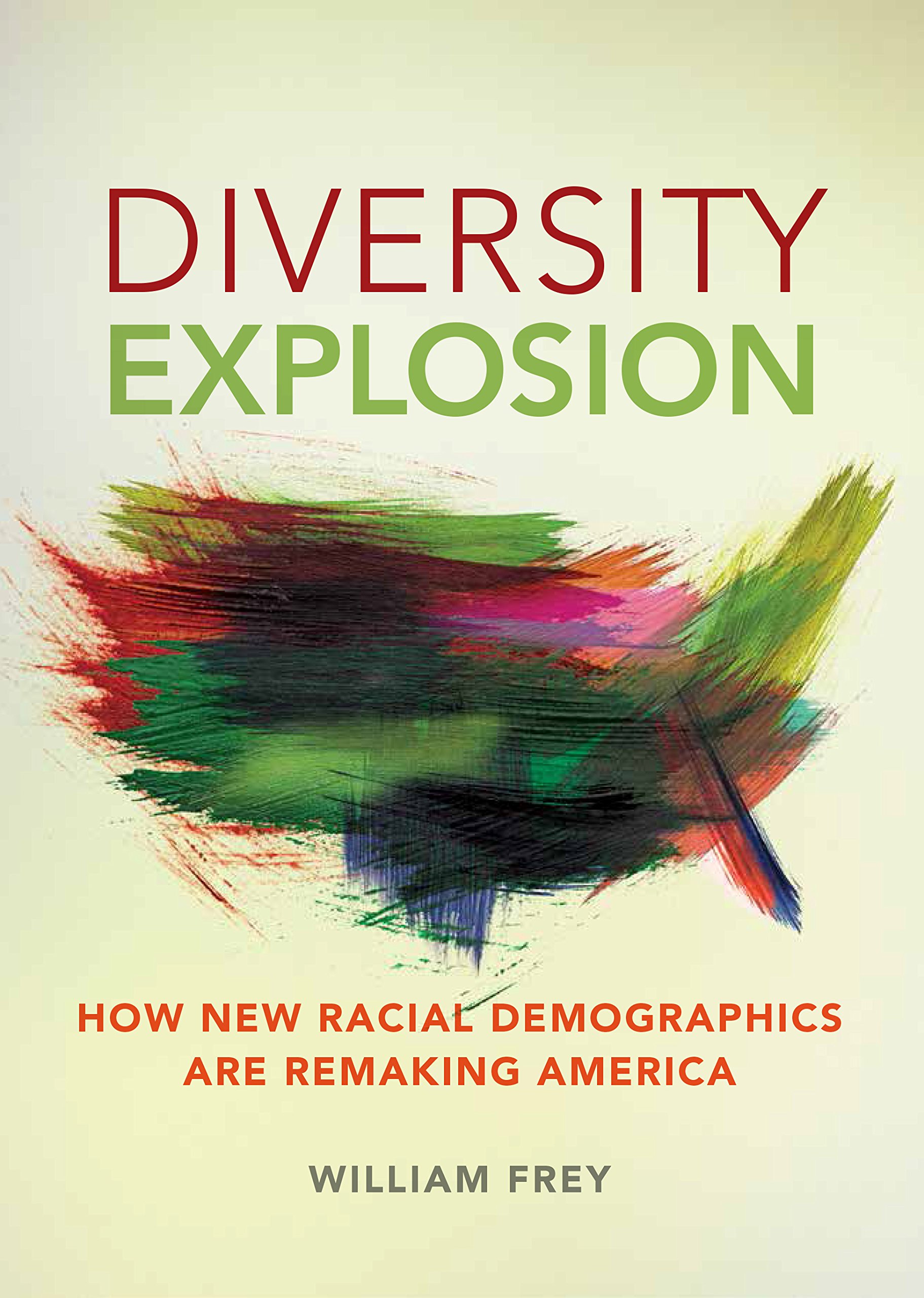The new threat: ‘Racism without racists’
Cable News Network (CNN)
2014-11-27
John Blake
They showed people a photograph of two white men fighting, one unarmed and another holding a knife. Then they showed another photograph, this one of a white man with a knife fighting an unarmed African-American man.
When they asked people to identify the man who was armed in the first picture, most people picked the right one. Yet when they were asked the same question about the second photo, most people — black and white — incorrectly said the black man had the knife.
Even before the Ferguson grand jury’s decision was announced, leaders were calling once again for a “national conversation on race.” But here’s why such conversations rarely go anywhere: Whites and racial minorities speak a different language when they talk about racism, scholars and psychologists say.
The knife fight experiment hints at the language gap. Some whites confine racism to intentional displays of racial hostility. It’s the Ku Klux Klan, racial slurs in public, something “bad” that people do.
But for many racial minorities, that type of racism doesn’t matter as much anymore, some scholars say. They talk more about the racism uncovered in the knife fight photos — it doesn’t wear a hood, but it causes unsuspecting people to see the world through a racially biased lens.
It’s what one Duke University sociologist calls “racism without racists.” Eduardo Bonilla-Silva, who’s written a book by that title, says it’s a new way of maintaining white domination in places like Ferguson.
“The main problem nowadays is not the folks with the hoods, but the folks dressed in suits,” says Bonilla-Silva…
…’I don’t see color’
It’s a phrase some white people invoke when a conversation turns to race. Some apply it to Ferguson. They’re not particularly troubled by the grand jury’s decision to not issue an indictment. The racial identities of Darren Wilson, the white police officer, and Michael Brown, the black man he killed, shouldn’t matter, they say. Let the legal system handle the decision without race-baiting. Justice should be colorblind.
Science has bad news, though, for anyone who claims to not see race: They’re deluding themselves, say several bias experts. A body of scientific research over the past 50 years shows that people notice not only race but gender, wealth, even weight.
When babies are as young as 3 months old, research shows they start preferring to be around people of their own race, says Howard J. Ross, author of “Everyday Bias,” which includes the story of the knife fight experiment…
…Another famous experiment shows how racial bias can shape a person’s economic prospects.
Professors at the University of Chicago and MIT sent 5,000 fictitious resumes in response to 1,300 help wanted ads. Each resume listed identical qualifications except for one variation — some applicants had Anglo-sounding names such as “Brendan,” while others had black-sounding names such as “Jamal.” Applicants with Anglo-sounding names were 50% more likely to get calls for interviews than their black-sounding counterparts.
Most of the people who didn’t call “Jamal” were probably unaware that their decision was motivated by racial bias, says Daniel L. Ames, a UCLA researcher who has studied and written about bias.
“If you ask someone on the hiring committee, none of them are going to say they’re racially biased,” Ames says. “They’re not lying. They’re just wrong.”
Ames says such biases are dangerous because they’re often unseen.
“Racial biases can in some ways be more destructive than overt racism because they’re harder to spot, and therefore harder to combat,” he says…
…’But I have black friends’
In the movie “The Godfather,” the character of Michael Corleone, played by Al Pacino, hatches an audacious plan to kill a mobster and a crooked cop who tried to kill his father.
Michael’s elders scoff at his plans because they believe his judgment is clouded by anger. But in a line that would define his ruthless approach to wielding power, Michael tells them:
“It’s not personal. It’s strictly business.”When some whites talk about racism, they think it’s only personal — what one person says or does to another. But many minorities and people who study race say racism can be impersonal, calculating, devoid of malice — such as Michael Corleone’s approach to power.
“The first thing we must stop doing is making racism a personal thing and understand that it is a system of advantage based on race,” says Doreen E. Loury, director of the Pan African Studies program at Arcadia University, near Philadelphia.
Loury says racism “permeates every facet of our societal pores.”…
Read the entire article here.


